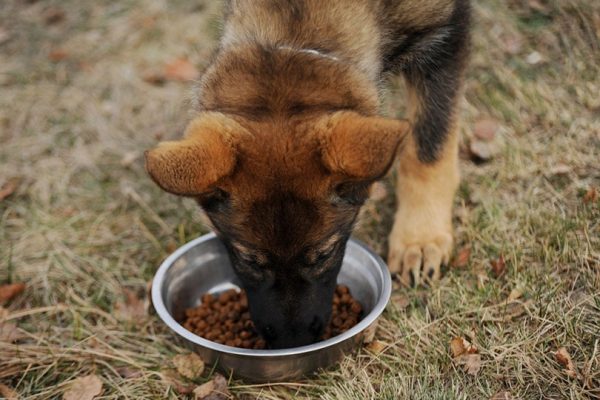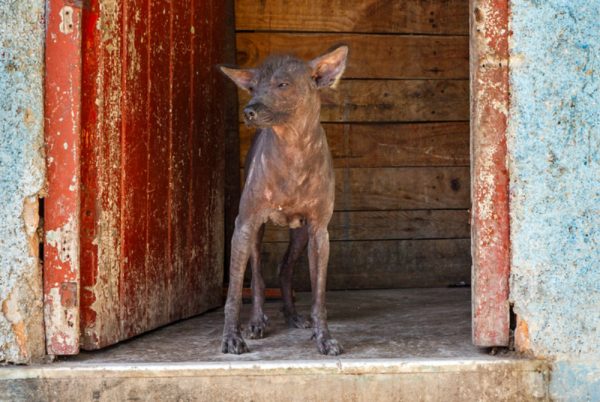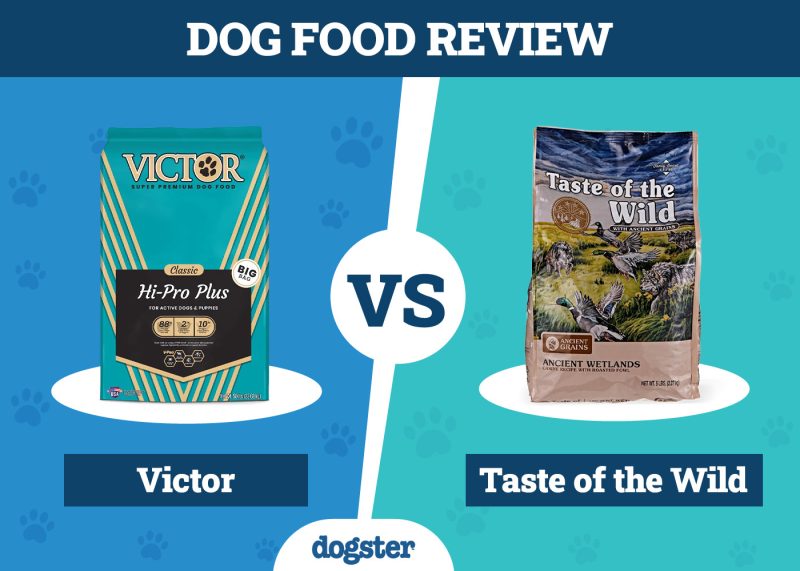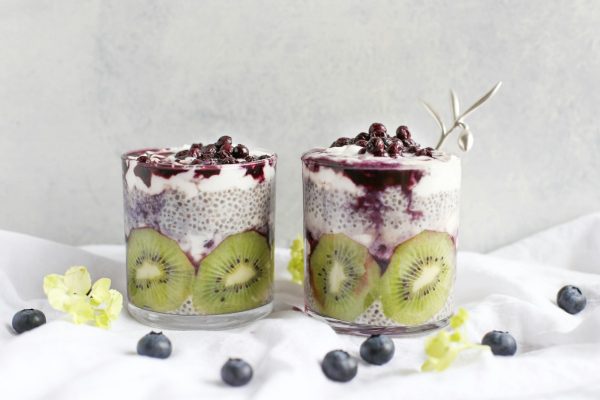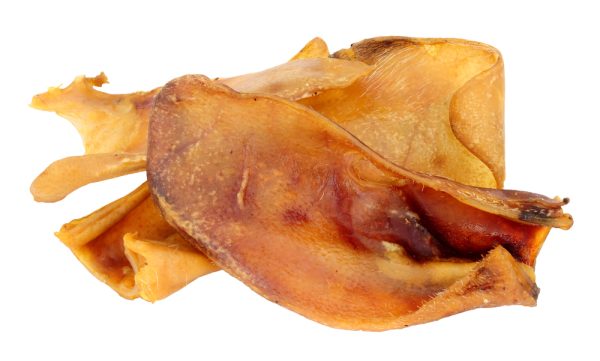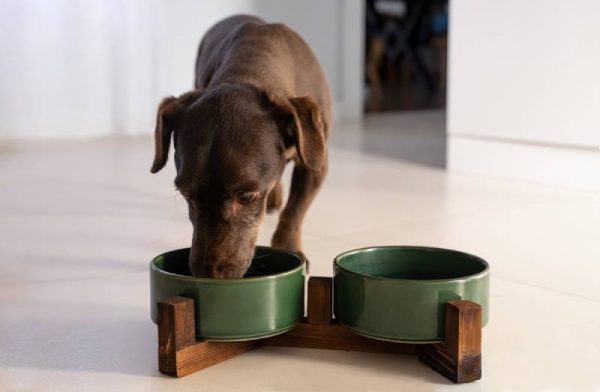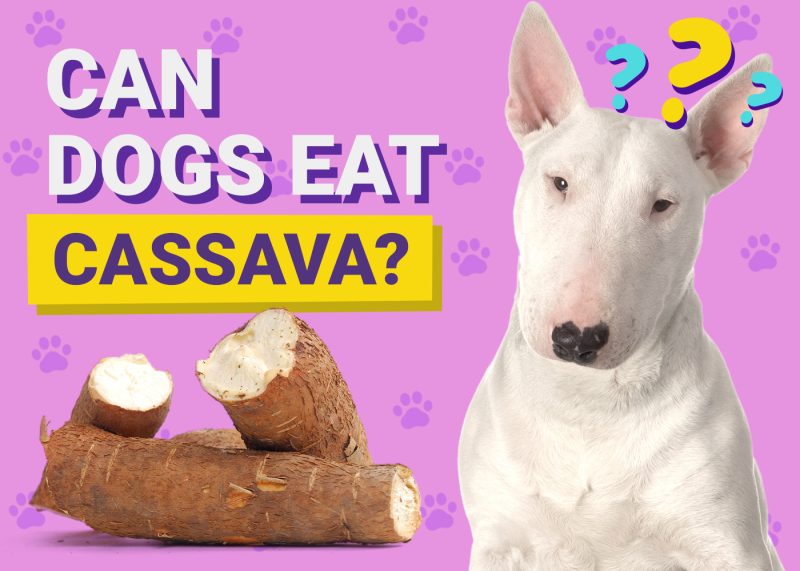Dogs can have a number of fruits and veggies, as they are omnivores just like us! However, our systems are a lot different. So, even though we can safely eat prunes, you may wonder if our pups are able to. You’re such a wonderful pet parent for checking in!
Maybe your pup has had a little digestive slowness lately. Maybe you are just looking for a way to add more fiber to their diet. Or, you could be scrambling to find answers because your dog ate a prune and you’re scared!
Don’t fear—prunes aren’t a top snack we recommend, but they are non-toxic to dogs. Let’s learn more!

Prunes Aren’t Toxic, But Aren’t Recommended
Prunes are simply dried, pitted plums most commonly from the European Plum tree (Prunus domestica). Plums are safe for dogs to eat in moderation. They are not like raisins, prunes are a different fruit entirely. If you know that raisins and grapes are toxic to dogs, you may automatically correlate the two because prunes look and even taste similar.
Most prunes don’t have pits which is good because the pits contain a cyanide-releasing compound called amygdalin. The pits can also be a choking and gastrointestinal obstruction hazard for small dogs.

Risks of Prunes for Dogs
There will naturally be more downsides to dogs eating prunes than benefits which is why you shouldn’t offer prunes to dogs. Here are some things to consider before you toss a tasty prune your pup’s way.
Prunes Are Very High in Concentrated Sugar
Prunes are exceptionally high in sugar. Plums have a lot of natural sugar, but once they are processed and dried, the sugar becomes highly concentrated. That sugar concentration is a lot for a dog’s body to handle!
If your dog repeatedly eats sugary items, it can contribute to long-term health issues like weight gain and obesity, which increases your dog’s risk of joint problems, cancer, and pancreatitis (which can lead to diabetes).
Prunes Can Cause Unnecessary Diarrhea
Have you ever had a prune? If you have, you certainly understand that urge to go to the bathroom once it hits your digestive tract. That is because prunes have an abundance of a laxative called sorbitol.
Now, imagine being a dog eating prunes. You can see how messy things can get—and quick! Save your carpets and yourself the headache, and leave the prunes out of reach.

When to Call Your Vet
While prunes will likely do nothing but cause your pup some tummy troubles if they have eaten one too many. In the event they get into a bag of prunes, especially if they contain pits, you should call your vet for advice. If the prunes are deemed a risk for a pooch your dog’s size, the vet may want to induce vomiting. Please note that this is always done only under the direct guidance of your vet.
If you need to speak with a vet but can't get to one, head over to PangoVet. It's our online service where you can talk to a vet online and get the personalized advice you need for your pet — all at an affordable price!

Other than that you should monitor for signs like lethargy, inappetence, vomiting, diarrhea, and constipation, and have the vet re-evaluate should these occur.
 Final Thoughts
Final Thoughts
Now you understand that prunes might be non-toxic but they aren’t really the best fruit for your pooch because of the high sugar content, sorbitol, and potentially problematic pits. Instead, you can feed them a few bites of safer fruit items that are sure to appeal to their taste buds, like blueberries and bananas.
See also:
Featured Image Credit: Narsil, Shutterstock


